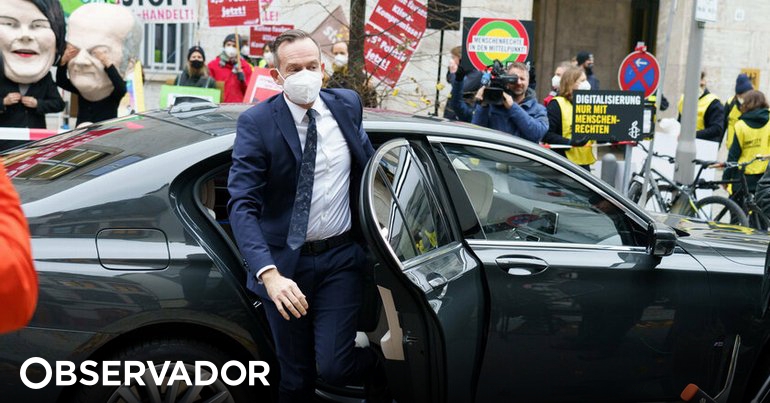The European countries most dependent on the automobile industry have put pressure on the European Union to accept carbon-neutral synthetic fuels – which are produced without the use of petroleum derivatives, but rather using carbon captured from the atmosphere and hydrogen produced by the electrolysis of water. – As a clean fuel, equivalent to battery-powered or electric vehicles Fuel cell. This pressure was due to Germany’s weight in the EU, where it is the largest contributor, but it was also an abuse, as e-fuels are carbon neutral, but pollute the more they are burned, meaning they contribute to deteriorating air quality in Europe. In the middle of large cities where the concentration of vehicles is greater.
German Transport Minister Volker Vissing was the most supportive of this idea Electronic fuelUnder the pretext that these types of fuels – we are talking about gasoline or even synthetic diesel – help reduce carbon, although this is not true, they only prevent it from increasing, which is a different matter. What Wessing can assume is that Electronic fuel It allows some brands to continue selling their current engines, without having to invest more, increasing profits at the expense of health.
The union has capitulated to the demands of construction workers in countries where they employ thousands of workers and whose taxes run the financial machine, but there is still one missing detail that had to be overcome for this petroleum-free gasoline to compete economically as the price of e-fuel depends on production volume. In order to put pressure on the European Union, the Germans, who in turn were mainly subordinate to Porsche, fought not only for e-fuel to be environmentally equal to electric cars, but for laboratory-produced fuel, which is a brutal production, to be applicable globally. At least at the European level, with all countries committing to this goal, which was apparently far from happening.
according to European newspaper PoliticoWhen the opportunity came to support Electronic fuelOnly the Czech Republic, Japan and Morocco supported Germany, which was less than the European economic leader intended. The goal was to share a draft development law Electronic fuelAs well as various facilities where it is produced in the quantity necessary to operate millions of vehicles. Failure at this level prompted Germany to withdraw the proposal and abandon plans to encourage the production of synthetic fuels.

“Wannabe internet buff. Future teen idol. Hardcore zombie guru. Gamer. Avid creator. Entrepreneur. Bacon ninja.”

